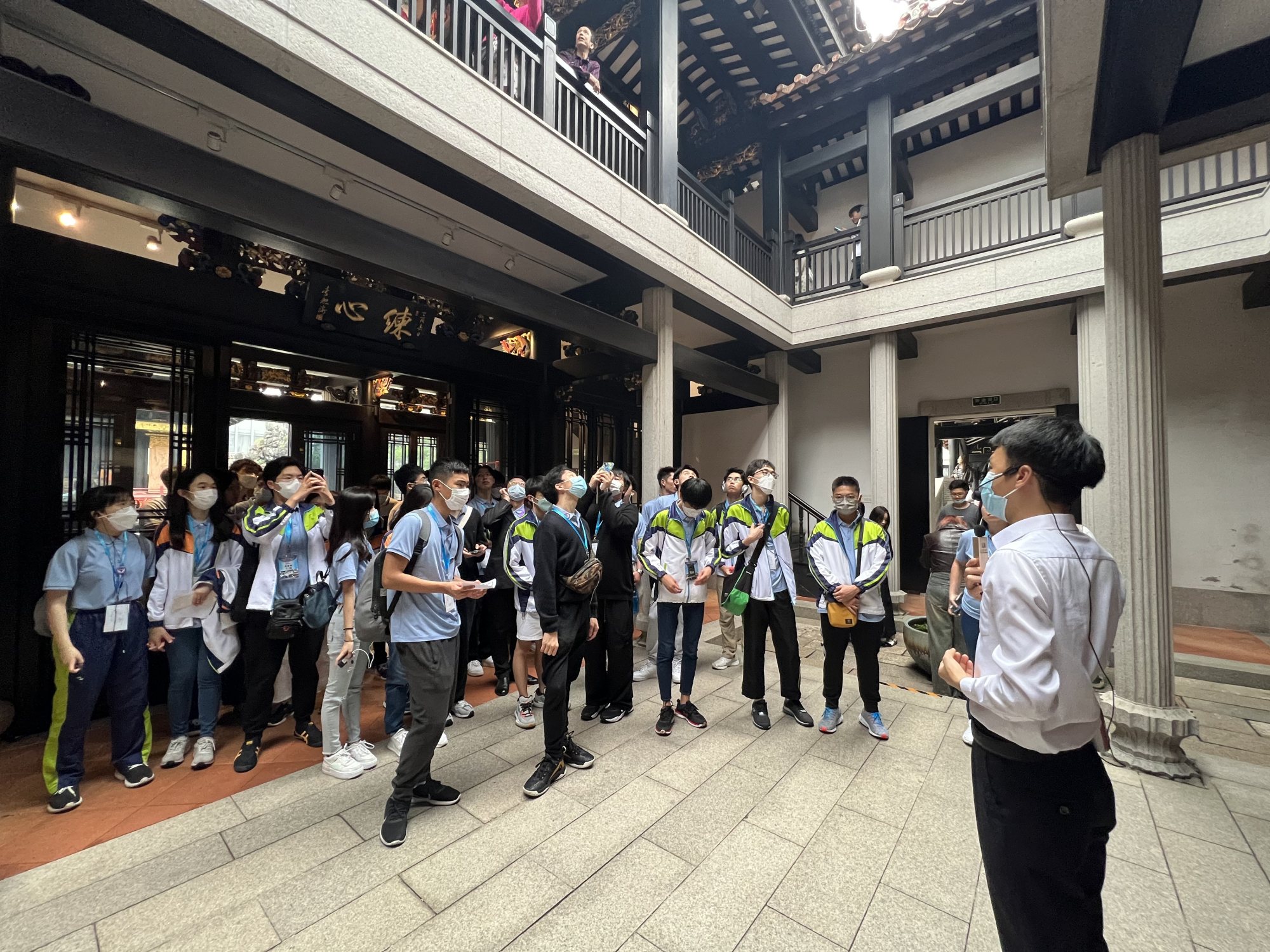
Hong Kong plans HK$100 million scheme to send NGO staff on ‘patriotic’ exchange trips to mainland China
- Social Welfare Department says funding arrangement aims at enhancing NGOs’ understanding of national affairs
- HK$100 million part of HK$500 million dedicated fund that Chief Executive John Lee announced in policy address in October
Hong Kong authorities have proposed allocating HK$100 million (US$12.8 million) to social welfare organisations to arrange national study programmes and exchange tours to mainland China.
But social welfare sector lawmaker Tik Chi-yuen expressed scepticism over the move, saying it unreasonably placed excessive emphasis on national education amid serious financial constraints on the public sector.
In a paper submitted to the Legislative Council on Tuesday, the Social Welfare Department said the funding arrangement aimed at enhancing NGOs’ understanding of national affairs, including social welfare services and national security awareness.
The subsidies were part of a HK$500 million dedicated fund that Chief Executive John Lee Ka-chiu announced in his policy address last October.
The fund, which aims to help NGOs providing subvented services meet their development needs for staff training and system enhancement, is expected to be launched in the second quarter of this year for five years.
Details of the application process will be announced later.
A fifth of the HK$500 million subsidy will be earmarked for national study programmes and mainland exchange tours, which were not among what was listed in the policy address.

Hong Kong had 177 NGOs providing subvented welfare services as of April 30.
Another HK$100 million of the fund will be designated for specified staff training projects that align with the government’s policy objectives and welfare service needs.
The remaining HK$300 million will be reserved for IT system enhancement and professional training, with the funding for each NGO capped at 1 per cent of its provisional subventions this year, or HK$500,000, whichever is higher.
However, national studies programmes, including training on the national security law and the Safeguarding National Security Ordinance, and mainland exchange tours, were also within the scope of the agency-based funding.
The department also revealed that an exchange tour would be organised by the end of May to help NGO staff understand national affairs and integrate into the overall national development, as a sample itinerary for groups to follow in future.
Tik, the lawmaker, said it was unreasonable to set aside 20 per cent of the fund for such a purpose amid serious financial constraints.
He said it was sufficient to simply include the item in the staff training budget.
“The move could easily give an impression that the social welfare sector has a special emphasis on national education training, but our training should be all-rounded,” he said.
“It may make more sense if we set aside money for mental health training instead, which is way more relevant to our service delivery, for example, how to work better with the medical sector when helping clients with such needs.”
In this year’s budget, the government announced a 1 per cent funding cut for all departments for the next two years amid a deficit ballooning over HK$100 billion.
Fifty-eight NGOs currently receiving more than HK$50 million in government subvention each year will be affected, and face funding cuts of 2 per cent in 2025-26 and 3 per cent in 2026-27.
The other 119 small and medium-sized NGOs will not be affected.
Tik said some groups had organised exchange tours out of their own pocket to build connections with mainland service agencies and learn about their work.
But he did not see an apparent demand from the sector.
“If there is an excessive emphasis on those activities, I am worried that some may ‘do it for the sake of doing’ just to get the funding … at the end of the day, such awareness does not come from a few activities, but osmosis.”
Sze Lai-shan, deputy director of the Society for Community Organisation (SoCO), said the group was quite interested in learning more about the mainland’s targeted poverty alleviation approach, which was deemed quite successful.
“But we need to see if we have time, organising a trip like this does require a lot of effort … and we may need help from the authorities if we want to learn something more in-depth from the trip,” she said.
Sze said she wished the government could allow more flexibility in the allocation of funding, and devote the money to other areas if few NGOs applied for it, adding that funding for system upgrades was much-needed by the group.

